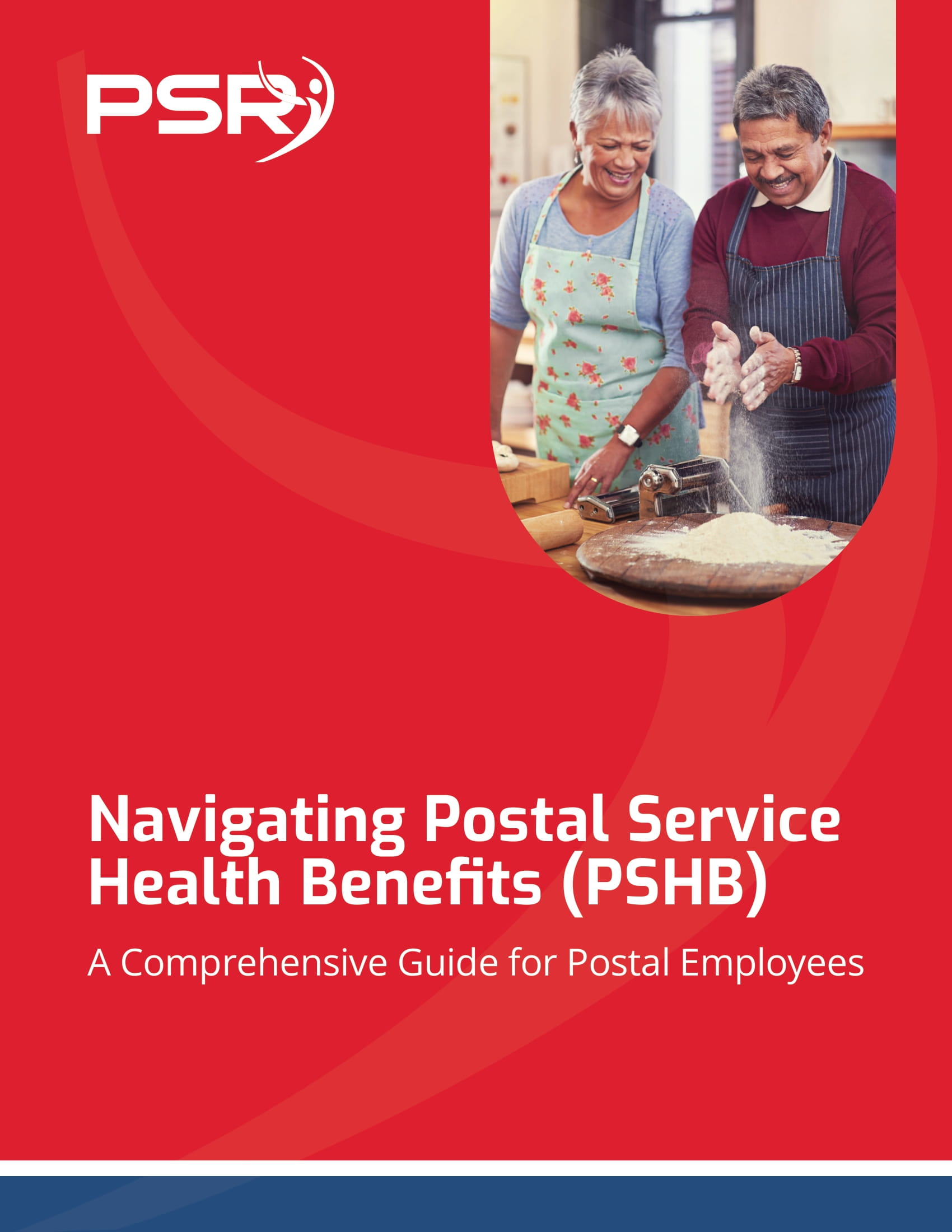Retirement is one big step to take, and it requires a lot of planning. The more time you put into planning for retirement, the more comfortable you’ll be when you retire. This article explores a list of things to consider before taking the step to retire.
1. Don’t retire on an impulse. While retiring on an impulse may sound ridiculous, many people do it unknowingly. Don’t leave your job because you’re fed up or because of your boss or colleagues. Taking such a decision can lead to regret. So avoid retiring from your job just to get away from something.
2. Don’t retire unless you’re eligible for credit for your years of service. Most federal benefits come with age or service year eligibility requirements. Ensure that you attain those years to earn the benefits. Also, make deposits so you will get credit for other times you worked for the government, including in the military, high school, or college.
- Also Read: Divorce and Your Federal Pension—What Happens When You Split Assets and How It Could Affect Your TSP
- Also Read: What Happens to Your Federal Benefits After Divorce? Here’s the Lowdown
- Also Read: The Best FEHB Plans for 2025: Which One Fits Your Lifestyle and Budget the Best?
4. Don’t retire if you can’t carry your FEHB coverage into retirement. To enjoy the Federal Employees Health Benefits (FEHB) coverage in retirement, you need to be enrolled five years before you retire (or five years before your first opportunity to enroll). The same five-year rule applies to the Federal Employees’ Group Life Insurance (FEGLI) scheme.
5. You shouldn’t retire if you haven’t checked the various options you have and your retirement timing. To do this, you’ll need expert help, which you can get from the benefits officer in your workplace, government websites, and private sector specialists.
6. Consider delaying retirement if you don’t have a clear plan for the future. It’s important that you retire to something and not away from something. Plan out how you’ll spend your retirement years. Would you take up a new job, career, business, hobby, or would you travel?
It’s important that you have a plan for what to do in retirement. What you choose to do should align with your goals for life.
7. Don’t retire unless you have consulted with your spouse. If married, it’s important to discuss retirement with your spouse before taking the big step. Discuss it with your children and others close to you both from the financial and lifestyle viewpoints.
There you have it. There are several other mistakes one can make while planning for retirement. The important thing is to consider all the options you have, so you can leave with a smile when you leave the work-life.












